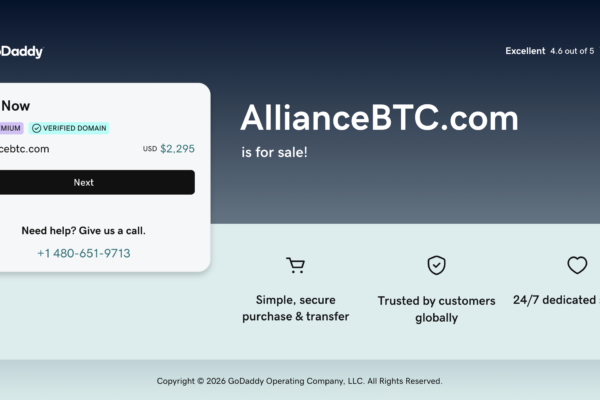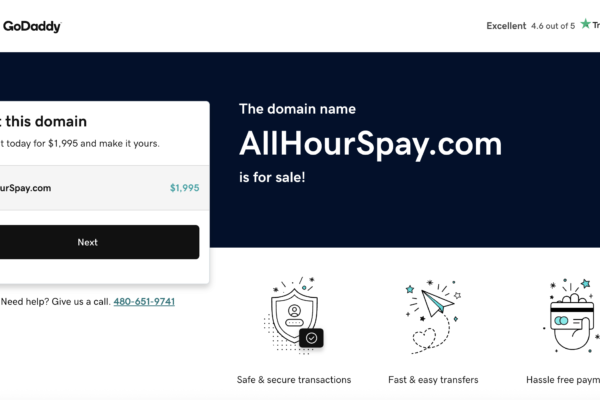CoinStats.com Exposed: In‑Depth Scam Investigation 2025
Introduction
As cryptocurrency adoption surges in 2025, users increasingly rely on portfolio trackers like CoinStats.com to manage their digital assets. But alarm bells have been ringing: accusations of breaches, wallet hacks, scam refund schemes, and poor customer service. This in-depth review examines:
-
Security incidents affecting CoinStats users
-
Reported scam patterns and impersonation fraud
-
Emerging red flags and community feedback
-
CoinStats’ official responses and scam prevention tools
-
Comparison with top alternatives
-
Recommendations for users and security best practices
By exploring every angle—from technical vulnerabilities to real-life complaints—this post gives you a comprehensive picture of whether CoinStats is truly reliable or a wolf in sheep’s clothing.
1. The 2024 Security Breach: Wallets Drained by Lazarus Group
In June 2024, CoinStats experienced a serious security incident. A state-linked hacking group targeted CoinStats’ in-app wallets, draining assets from approximately 1,590 user accounts. CoinStats promptly advised compromised users to transfer funds to external wallets using their private keys and temporarily shut down services to investigate.
While the web and apps eventually resumed limited functionality, users were left uncertain as the company did not offer a clear reimbursement policy. Many questioned the platform’s security protocols and transparency.
2. Scam Impersonators Abusing the Breach
The aftermath of the breach saw a rise in impersonation scams. Fake “refund” and “recovery” programs targeted affected users, demanding personal wallet credentials under the guise of assistance.
These scams often originated from typosquatted domains or fake social media accounts pretending to be CoinStats support. Victims were asked to share seed phrases or to “verify” their wallets, leading to complete asset loss.
CoinStats has warned that it will never ask users to send funds, disclose private keys, or participate in external “support” verification. Users are advised to communicate only through official app chat or verified company email addresses.
3. Community Backlash: Reddit & Review Sites
Users Complaint:
Across crypto forums and social platforms, CoinStats has been labeled as unreliable. Users report several key issues:
-
Promises of hardware wallets that were never delivered
-
Lifetime subscriptions that failed to provide premium benefits
-
Withdrawal denials and vague responses from support
-
Inaccurate portfolio tracking and broken API connections
One user described CoinStats as “a money grab with poor customer service.” Others detailed being targeted by scammers after signing up for CoinStats, suggesting data may have been compromised or improperly secured.
Review Sites & Forums
Though some review sites list positive experiences, others feature warnings about the platform. Users have documented experiences of being shown inflated gains that disappeared once withdrawal attempts began. Some were asked to pay “taxes” or “processing fees” before being able to access their funds, a common scam tactic.
Others complained about customer support being unresponsive or evasive, even when large sums were involved.
4. Official Position: CoinStats’ Scam Warnings
To its credit, CoinStats has published several scam warnings on its official site. These emphasize the following points:
-
CoinStats does not initiate phone calls to users
-
They do not request verification fees or tax payments
-
Only emails ending in
@coinstats.appare considered legitimate -
In-app wallets are optional, and users are encouraged to rely on non-custodial methods when possible
The company also shared safety advice on spotting fake support teams, phishing attempts, and clone websites—advising users to double-check all communications.
5. Emergent Trends in Crypto Scams
The issues surrounding CoinStats are part of a broader trend in the crypto world. Criminals often target platforms during or after major events, such as data breaches or platform outages. Some tactics include:
-
Clone websites that impersonate the real platform
-
Phishing emails designed to steal wallet information
-
Fake support teams that offer “recovery” services
-
QR code scams that redirect users to malware or drain wallets
As more users adopt crypto tools, scammers become increasingly sophisticated. This makes it critical to stay educated and cautious.
6. CoinStats vs. Trusted Alternatives
Given the growing number of complaints, many users have opted to switch to more reputable tracking apps. Here’s how CoinStats compares with popular alternatives:
| Feature | CoinStats | Delta | TokenPad | CoinLedger |
|---|---|---|---|---|
| Portfolio Tracking | Yes | Yes | Yes | Yes |
| Wallet Integration | Yes (risk-prone) | Yes (secure) | Yes | No (manual only) |
| Security Record | Breach in 2024 | Clean | Clean | Clean |
| Customer Support | Poor | Good | Good | Excellent |
CoinStats does offer unique features like DeFi tracking, NFT monitoring, and staking dashboards, but none of these matter if security and reliability are compromised.
7. Is CoinStats a Scam or Just Poorly Managed?
Let’s summarize:
-
Security breach? Yes, confirmed and serious
-
Impersonation scams? Rampant, exploiting their brand name
-
Service delivery issues? Numerous complaints, especially around promised features and subscriptions
-
Withdrawal refusals? Documented, often with conflicting reasons
-
Official efforts to fix it? Limited, reactive rather than proactive
So is CoinStats an outright scam? Not exactly. It still operates, maintains an app, and provides data aggregation services. However, given the scale of security failures and volume of complaints, it’s more appropriate to call it a high-risk service with serious reliability issues.
8. How to Protect Yourself When Using CoinStats (or Similar Tools)
Whether you continue using CoinStats or switch to an alternative, follow these best practices:
-
Avoid storing funds in tracking apps. Use them for portfolio viewing only.
-
Withdraw your crypto to cold wallets. Do not use in-app wallets unless necessary.
-
Never share your seed phrase—even if someone claims to be support.
-
Enable 2FA. Add layers of protection to your accounts and devices.
-
Back up your data. Use encrypted local files or password managers.
-
Switch to trustworthy apps that have clean track records and verified support systems.
9. Final Verdict
Here’s our final judgment:
| Category | Verdict |
|---|---|
| Security | Compromised |
| Customer Support | Poor |
| Scam Association | High Risk |
| Trustworthiness | Low |
| Recommend to Users? | No (Use with caution) |
CoinStats may offer flashy features and convenient wallet integration, but it comes with far too much risk in 2025. Unless drastic improvements are made in transparency, user protection, and security, it’s wise to seek better alternatives.
-
Report CoinStats.com and Recover Your Funds
If you have lost money to CoinStats.com, it’s important to take action immediately.Report the scam to BRIDGERECLAIM.COM , a trusted platform that assists victims in recovering their stolen funds. The sooner you act, the better your chances of reclaiming your money and holding these fraudsters accountable.
Scam brokers like CoinStats.com continue to target unsuspecting investors. Stay informed, avoid unregulated platforms, and report scams to protect yourself and others from financial fraud.





